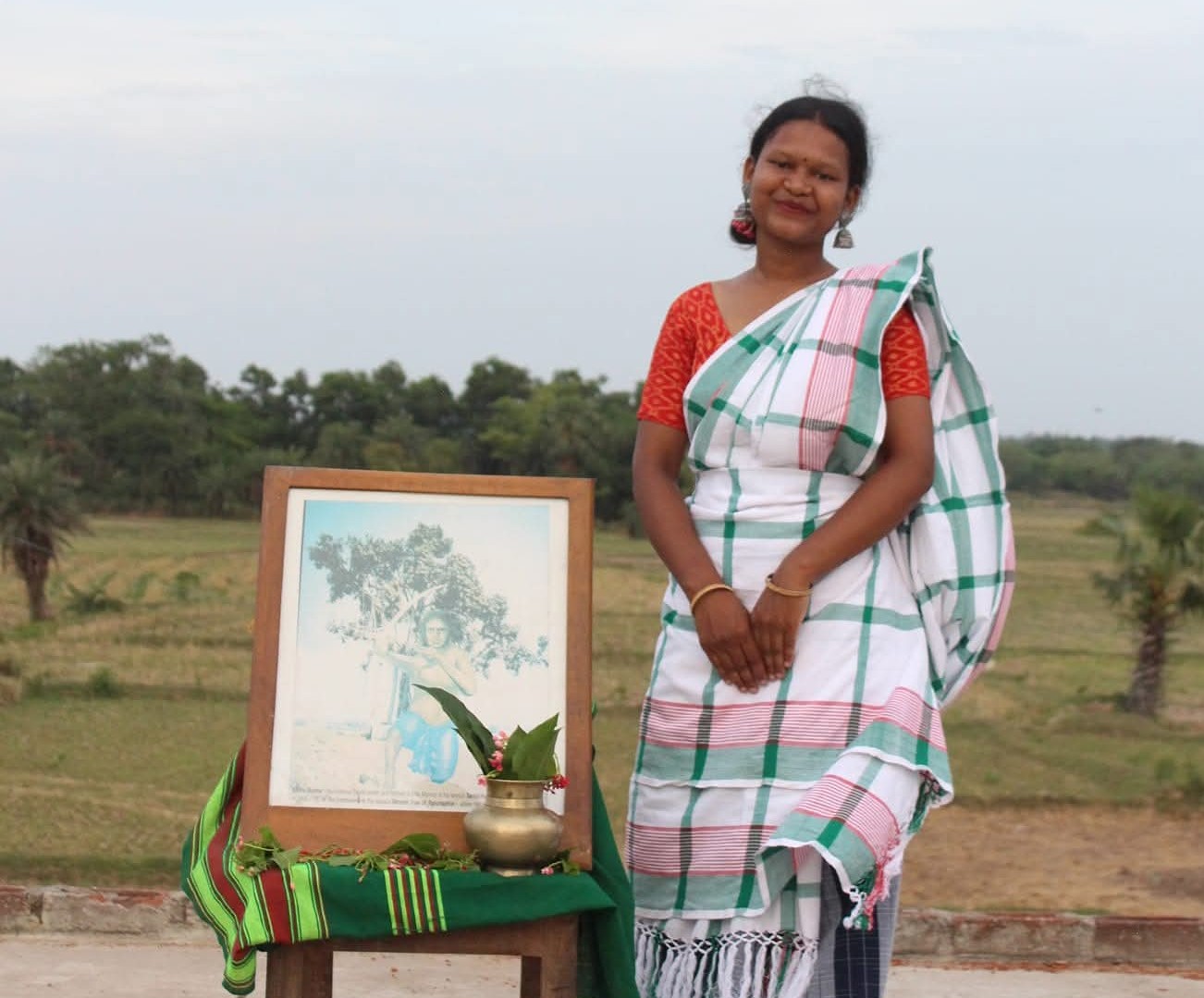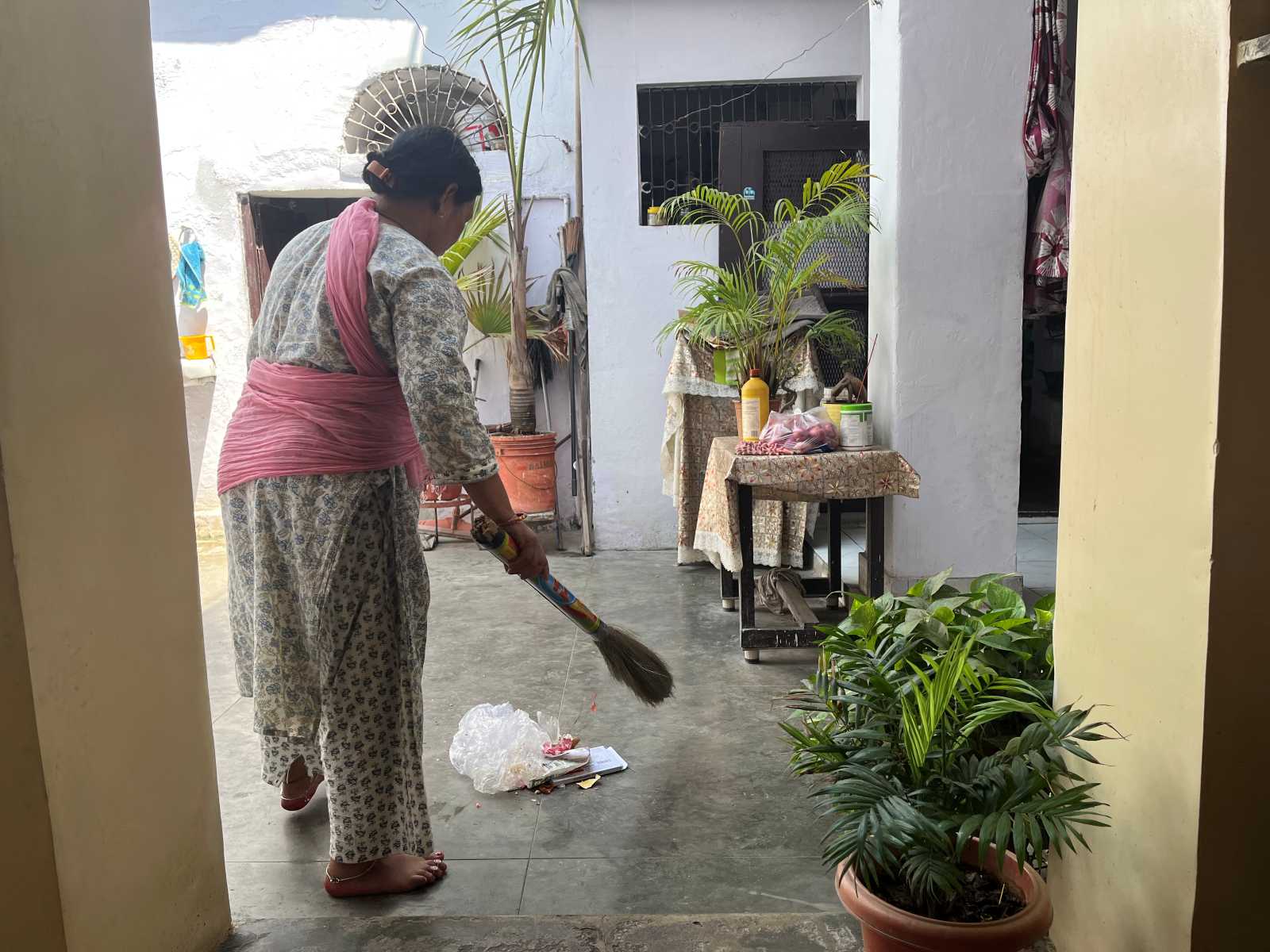Soziales Engagement
Mittagessen für fünf Millionen Kinder von 2020 an
Von Aditi Roy Ghatak

On November 28, 2001, the Supreme Court of India directed every Indian state to implement a scheme to provide “every child in every government and government-assisted primary school with a prepared mid-day meal”. The inspiration to feed India’s malnourished school children, however, did not come from the legal dictat. It came from Bhaktivedanta Swami Prabhupada, the spiritual leader who founded the Hare-Krishna Movement.
Decades ago, after watching children fight with street dogs over scraps of food, he told his disciples that no one within a 10-mile radius of his centre should go hungry. His disciples took the movement national through many channels.
Today, one of these channels is the not-for-profit Akshaya Patra Foundation. The name means “eternal bowl”. The organisation was started in the year 2000 to address the twin challenges of hunger and education. It began by providing quality mid-day meals to1,500 children in five schools in Bangalore. The hope was that the meal would attract children to schools, so it would be easier to retain them.
The foundation currently supports 1.3 million children in eight Indian states. Public-private partnerships with central and state government support have helped to scale up the programme as it leverages technology, smart engineering and good management to meet excellent standards of service delivery, while lowering costs.
Chanchalapati Dasa, the vice chairman of Akshaya Patra and a disiple of Bhaktivedanta Swami Prabhupada, says: “Education is the one thing that can, within a generation, improve the standard of living of a family greatly.” A hungry stomach distracts the mind from learning, he argues. “We want to reach out to five million children by 2020.”
Success hinges on a group of technocrats who back the project. Madhu Pandit, a graduate of the Indian Institute of Technology in Bombay, one of India’s elite colleges, started Akshaya Patra with social entrepreneurs from the disciplines of information technology, engineering and the business community. This group had the skills needed to design mechanised kitchens for supplying nutritious meals to large numbers of children at low costs. They attracted eminent personalities to join the foundation and provide them with the right credentials to raise funds internationally.
It costs the foundation the equivalent of $ 15 to feed one child for an entire school year. Innovation helps. One example is the Balgdon Pump, which is used to process food with liquid chocolate.
Corporate support has been generous. The US-based Caterpillar Foundation has recently provided a $ 441,000 grant. With the money, Akshay Patra is supposed to buy the equipment needed to enhance the efficiency of its large kitchens. Other contributors include India’s Hans Foundation and the National Mineral Development Corporation. Employees of Cisco and Pepsico have also donated generously.
India needs organisations like Akashya Patra. State bureaucracies tend to be disorganised and inefficient. On their own, they are unlikely to fulfil the Supreme Court’s order any time soon.















